Welcome to Open Learning College – Change your career, Increase your salary, and Improve your life.
 Course Overview
Course Overview 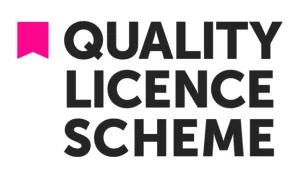
Embark on a transformative learning journey with the UK’s most innovative home study provider, offering courses designed to unlock your true potential and facilitate the career change you desire. Access our distance learning courses directly from anywhere, anytime, and acquire industry-recognised Professional Qualifications essential for advancing in your career.
Specifically, explore the flexible and convenient Equine Science (Level 3) course, an ideal way to gain a diploma qualification. Whether you aim for further education, improved job prospects, or expanded knowledge, this comprehensive course allows you to prepare thoroughly for exams or careers through home study. Plus, it’s structured to be accessible and beneficial even if you have no prior knowledge in Equine Science.
The equine industry is becoming increasingly popular with many people now taking up the sport of horse riding. This diploma gives students the general knowledge required to properly care for a horse and understand different behaviours and issues that you may come across in a horse’s lifetime. This knowledge will better equip students to make decisions regarding health and welfare and be appreciative of the science behind equines.
 Course Key Topics
Course Key Topics
the Equine Science (Level 3) course is divided into 10 modules.
Module 1: General Principles in Science
This unit provides a foundation for the rest of the course with the simple question of what is science and where does the study of horses fit into this wider context. It introduces the branches of science by covering how we classify organisms or Taxonomy. Then the building blocks called cells, their Biochemistry and how they reproduce is studied. Where horses fit into the group called mammal, their internal systems and how they fit into the external environment is explored. The chemistry of the equine environment ends this unit.
Module 2: Equine Anatomy and Physiology
A greater and in-depth look at some of the physiological systems that are common to all mammals such as the skeletal, muscular, nervous, circulatory, respiratory, immune and the sensory organs, and the endocrine system are investigated. This unit is equine specific and covers the anatomy of the horse or the structure of its body, and physiology, or the study of how these structures function so how a horse transports food or fights infection. It covers all the points of the horse and the correct terminology for describing organs and regions of the body.
Module 3: Genetics
An understanding of genetics is necessary in the breeding of horses. The terminology of genetics from a scientific viewpoint and the evolution and history of how horses have developed as a species is explored. The early theories of inheritance and evolution, such as natural selection and sexual selection is discussed. Current knowledge of the basic principles of heredity, how inheritable traits are passed from parent to offspring is addressed. The reproduction of genetic information, the replication of DNA and mutations that arise during replication, and how these alter the genetic instructions to cause genetic disorders in the horse, and how these can be predicted using knowledge of how genes are passed on is investigated. How horses differ genetically from other equines such as zebras and donkeys, and why these species cannot interbreed or why their offspring are sterile is explored. Finally the technology that can help identify common genetic disorders is investigated.
Module 4: Reproduction
Moving on from genetics, the physiology of reproduction and the care of the new-born foal is introduced here by looking at the reproductive anatomy of the mare and stallion. The oestrus cycle of the mare, conception and early development of the pregnancy is studied. The different methods of insemination, including natural and artificial methods, the procedure of embryo transfer and why this might be used is discussed. The development of the unborn foal, the process of foaling, the stages of birth and the neonatal period, including the importance of the colostrum the foal receives from its mother, and any problems associated with any of these stages is looked at to help horses have successful reproduction and early growth.
Module 5: Equine Nutrition
Nutrition is more than simply consuming food, it is the science of food and of nourishing the body. Equines have very particular nutritional requirements, and delicate digestive systems. In many cases horses are also used as performance animals, and so the science of correct nutrition is particularly important to maximise their performance. In order to remain healthy, horses must be fed correctly, often involving supplements. The structure and function of the equine digestive system and how it differs from some other mammals is studied. The factors that can affect the type and amount of feed a horse requires such as breeding, lactation, age is covered. Monitoring the effectiveness of a diet is explored and understanding what is meant by condition scoring is important otherwise it leads to health problems associated with incorrect feeding, and disorders that are linked to nutritional deficiencies or excess intake of nutrients.
Module 6: Equine Diseases
Every horse will experience illness at some point in its life, and it is necessary for anyone working with horses to have knowledge of the signs of health and the signs of a horse suffering from disease. The common diseases associated with equines are usually caused by micro-organisms such as bacteria, fungi and viruses, and the differences between these together with reasons why they may occur are discussed. The main internal and external parasites that affect the horse and how they may cause disease is discussed. The clinical signs and modes of transmission of the main infectious diseases affecting the equine, and how the risks can be reduced are explored. The signs of some degenerative diseases, such as chronic lameness conditions are listed. The signs associated with some diseases where the exact cause is yet unknown, and details of current research being carried out into their likely cause is shown.
Module 7: Veterinary Science
Equine diseases and the medical care of horses is carried out by the equine branch of veterinary science. This has changed tremendously in recent years, has specific law, and this unit provides an overview of the principles of veterinary medicine, and its aims, and a history of how veterinary medicine developed. The preventive, diagnostic and curative veterinary medicine for various equine diseases is explored. How it tackles equine injuries e.g. a fracture and how these are treated using veterinary technology and how it is used in practice is discussed.
Module 8: Equine Behavioural Science
A whole branch of equine psychology has been developed. Why horses behave the way they do is discussed by a fascinating look at the reasons behind many of the behaviours expressed by the horse. It covers ethology, the study of horses in their natural environment, and examines the science behind behaviour. The main learning theories cover the areas of the brain associated with various aspects of behaviour and the reasons why horses do what they do in the natural environment. Stereotypical behaviour, including box-walking, weaving and crib biting and the science behind why the horse might develop these problems is investigated.
Module 9: Exercise Physiology
Horses naturally developed to outrun their predators and whether they are used in the equestrian disciplines or for leisure can be considered as athletes, and knowledge of the scientific aspects of exercise physiology is necessary to help horses work, keep them healthy and to get the best performance from them. The main equestrian disciplines such as racing, endurance and eventing, and their effects on the horse’s body are investigated. The effects of exercise on the musculoskeletal system, thermoregulation or the way in which the horse keeps cool during exercise and Biomechanics – how the horse moves during exercise is studied.
Module 10: Science and the Equine Industry
The equine industry is extremely large and growing as it includes the use of horses for leisure and the use of horses for competition. It pulls together much of the knowledge gained in previous units, as it looks at the ways science is entwined within the equine industry as a whole. The way research into science and technology is having an effect on the way horses in the present day are managed, and the likely developments for the future are investigated. A new product that may become available, for example nutritional products or new veterinary drugs, and the development of tack or equipment to improve the life of the horse or its performance is examined. Some of the products available for the rider and how science is implicated in the development of these products is shown.
(Please click on the curriculum tab above to see a detailed view of each module)
Course Content
Equine Science (Level 3) – FREE Starter Pack
How to…. (a series of explainer videos)
Module 1 – General Principles in Science
Module 2 – Equine Anatomy and Physiology
Module 3 – Genetics
Module 4 – Reproduction
Module 5 – Equine Nutrition
Module 6 – Equine Diseases
Module 7 – Veterinary Science
Module 8 – Equine Behavioural Science
Module 9 – Exercise Physiology
Module 10 – Science and the Equine Industry
Course Resources
Final Exam
College Announcements
🔍 Unlock the Equine Science Level 3 with £50 OFF the Course! 🐴🌿
Ready to delve into the fascinating world of equine science?
For a limited time, seize the opportunity to enrol in our Equine Science Level 3 course with an exclusive £50 discount!
Use code HORSE50 at checkout before the month concludes!
🌟 Why Choose Our Equine Science Level 3 Course
Presented by Open Learning College, this course is your gateway to understanding the intricacies of equine health, behaviour, and management. Dive into comprehensive modules covering essential topics—from anatomy and physiology to nutrition and care. Gain hands-on knowledge crucial for success in the field of equine science.
💡 What Makes Our Course Shine
Expert Guidance: Benefit from experienced tutors providing support throughout your learning journey.
Real-World Skills: Acquire practical knowledge crucial for success in the field of equine science.
Flexible Learning: Tailor your studies to your schedule with 24/7 access to course materials.
Don't miss this chance to unlock the secrets of equine science at a discounted rate! Enrol now, use code HORSE50* at checkout, and embark on your journey towards becoming a skilled equine scientist. 💰🐴🕵️♂️
*This discount code cannot be used in conjunction with any other offer.

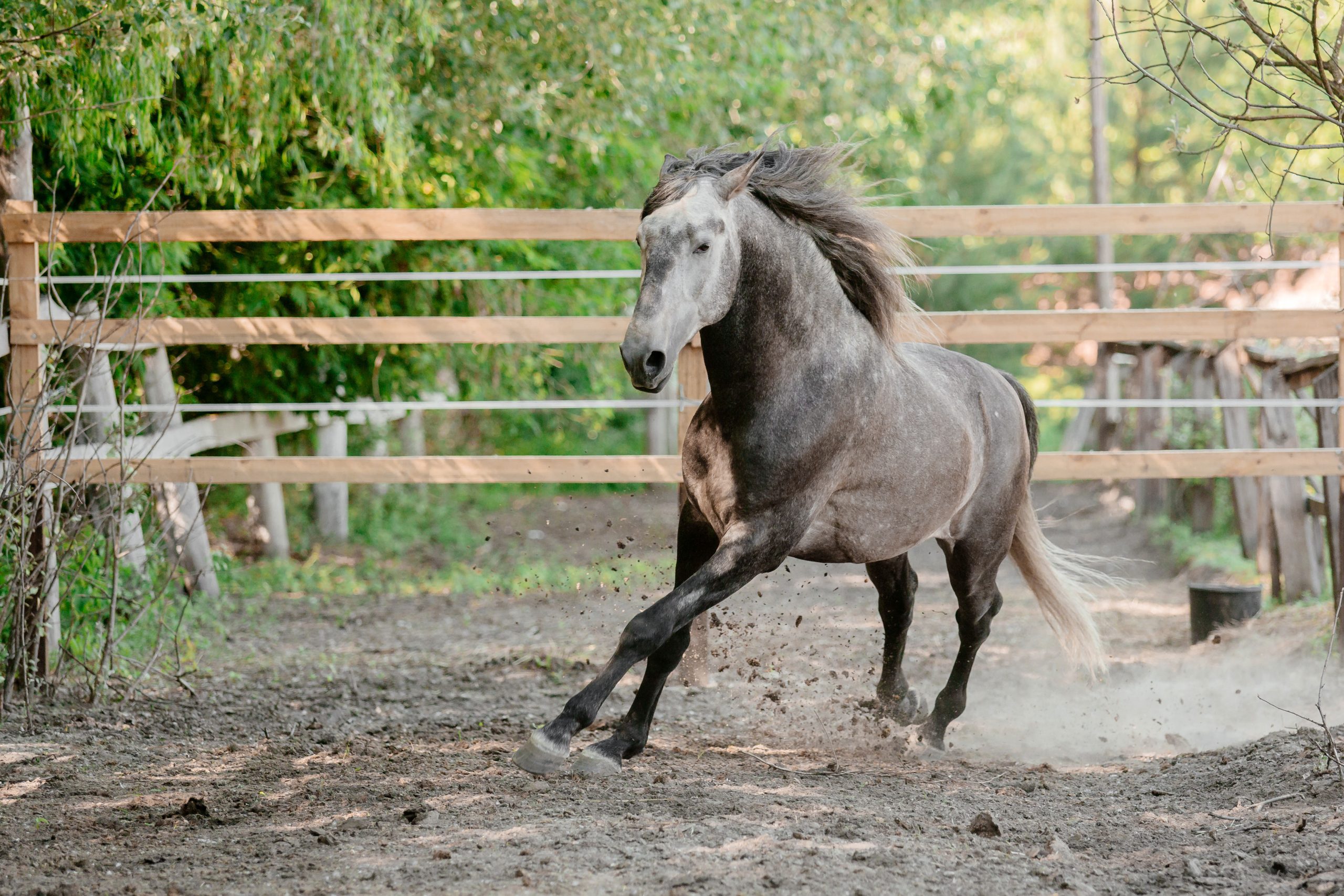







 Get Social!
Get Social!





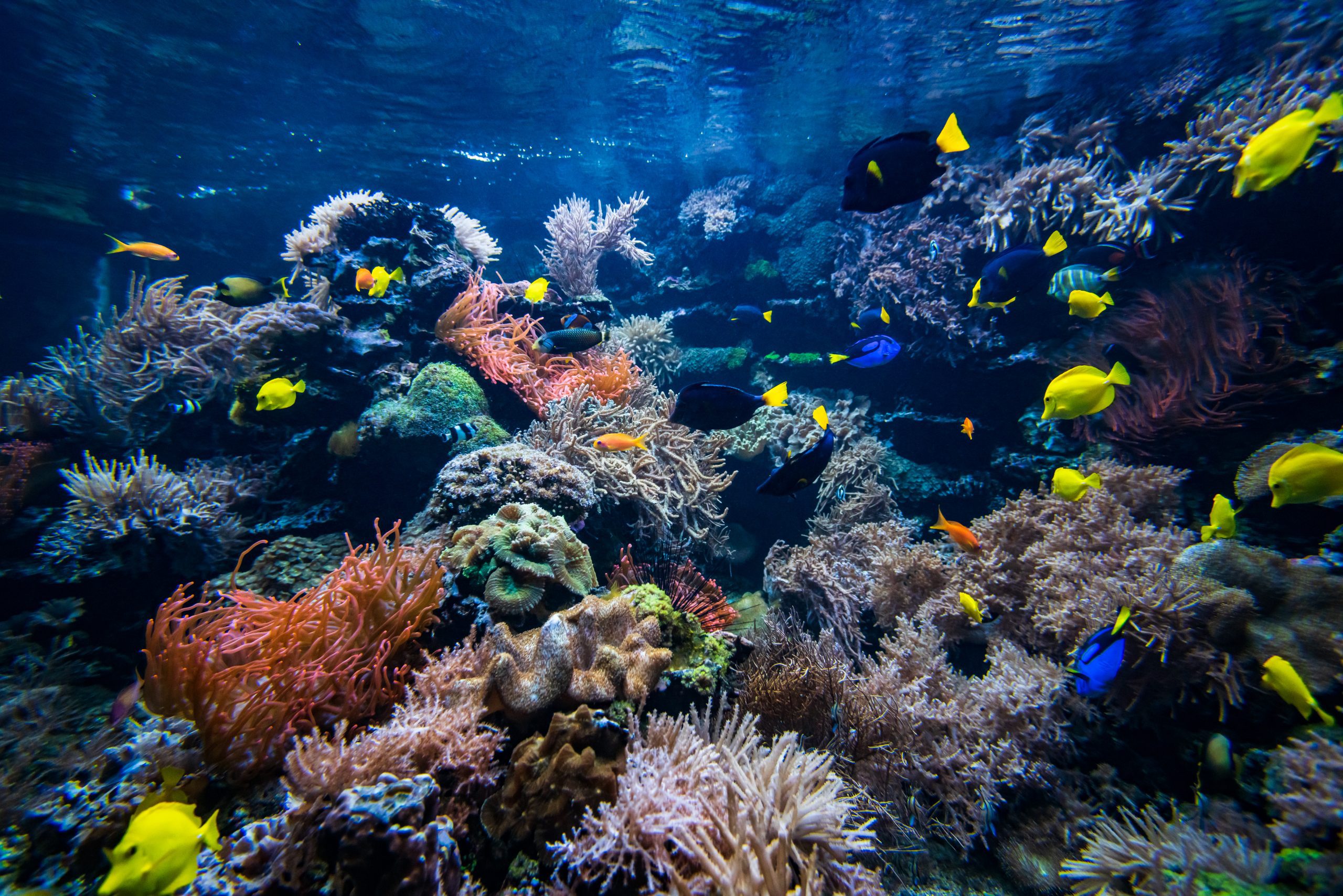

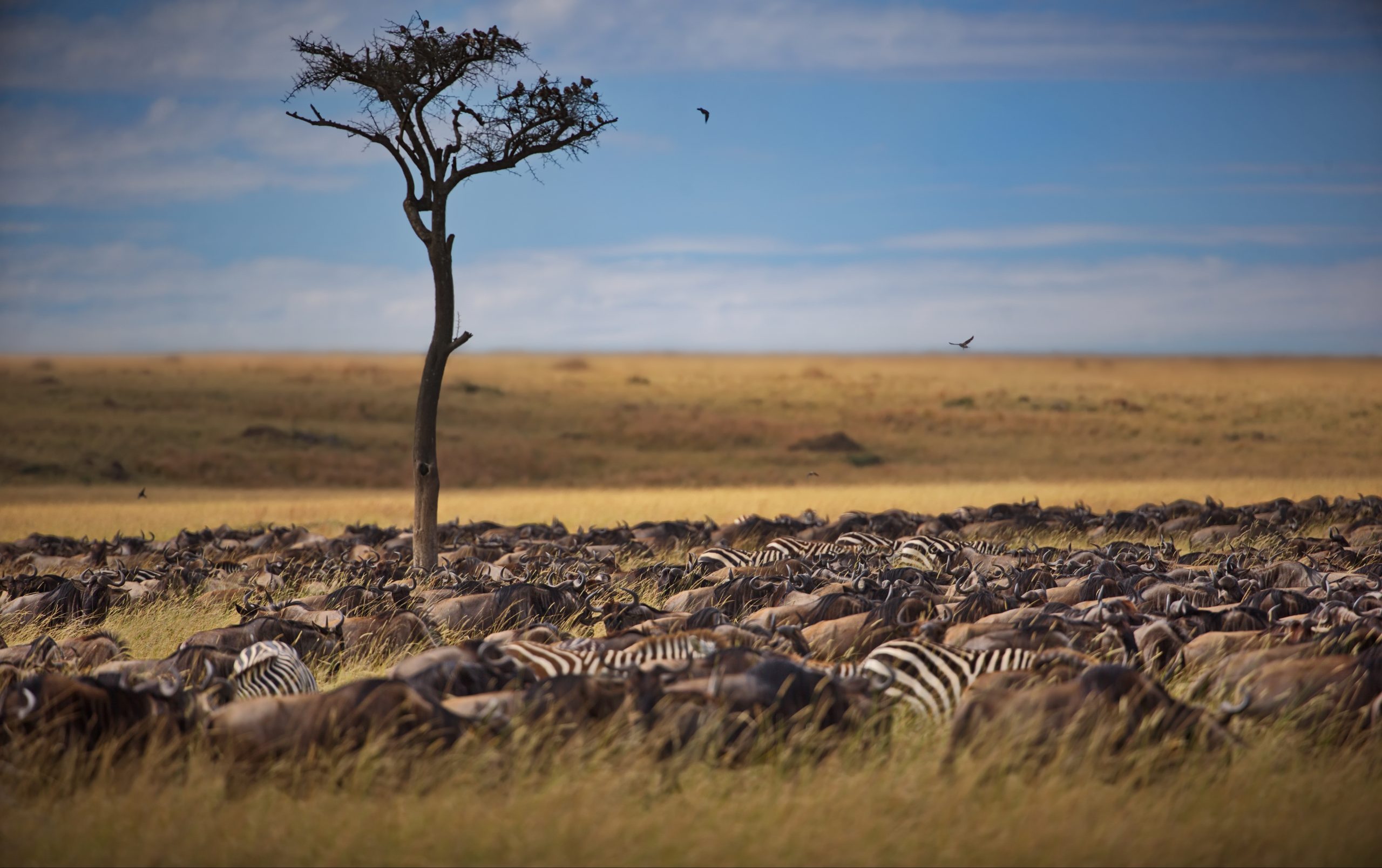
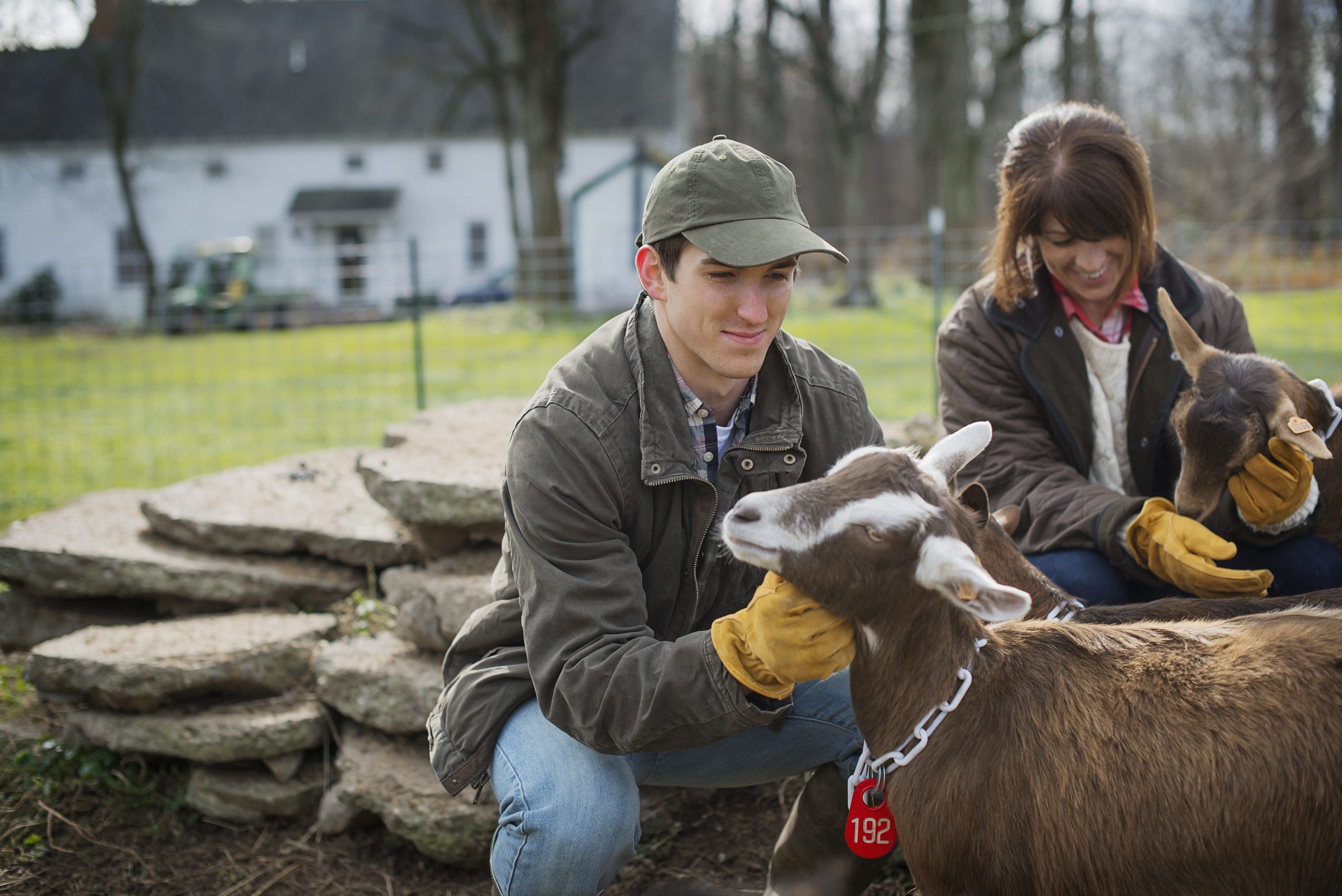


James Wilson